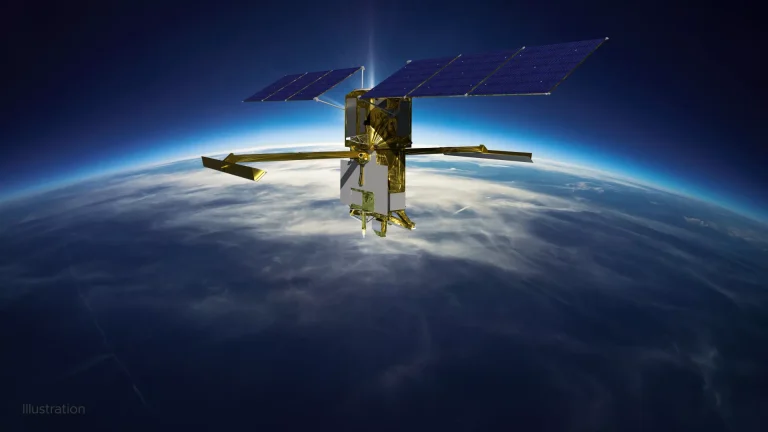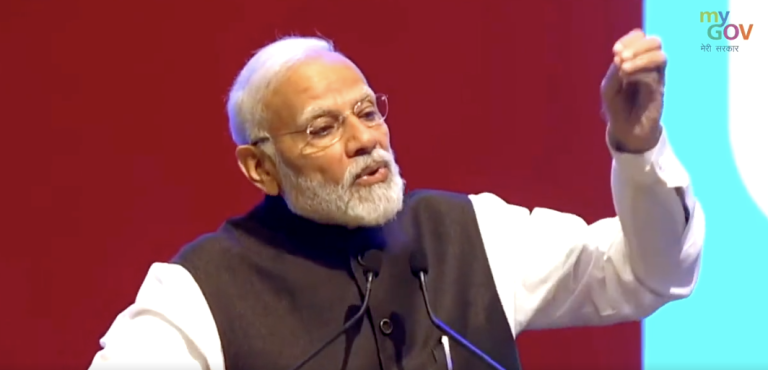|
Listen to this story
|
The chairman of PSMC confirmed that they are in talks with the Indian government to build a fab in India.
The past few years, plagued by disruptions due to the Covid-19 pandemic and uncertain geopolitical conditions, have brought many countries to move towards self-reliance. Countries are coming up with lucrative incentives to attract investments and have their own semiconductor manufacturing facilities, which not only support the semiconductor and electronics ecosystem within the country but also act as a global export hub for neighbouring nations.
India, too, is in the race for self-dependency, with schemes for semiconductor and display fab units under the India Semiconductor Mission. While some large players initially put in a few bids (one being mining giant Vedanta), there was no confirmation on Tata Group’s much-anticipated entry into this space.
The Tata Group established its electronics manufacturing division, Tata Electronics, in 2020. Therefore, the company’s intent to enter the OSAT (Outsourced Semiconductor Assembly and Test) space – the final, less intricate stage of chip fabrication – was well known. However, it was unclear if they would look to establish a full-fledged semiconductor fab in India. Putting speculation to rest, Tata Sons chairman Natarajan Chandrasekaran told The Economist in September 2022 that it is weighing building a FAB in partnership with a foreign firm.
PSMC’s India push
In the latest news, the chairman of PSMC (Powerchip Semiconductor Manufacturing Corp), Taiwan’s third-largest foundry, confirmed that they are in talks with the Indian government to build a fab in India. Since then, speculation is rife that PSMC will assist Tata in carrying their semiconductor fab dreams forward.
Tata is not the only contender, though. Vedanta also measures up to PSMC’s plans for India. The $20 billion Vedanta-Foxconn proposal has been under much scrutiny lately for not having the technical expertise to materialise the project. While Foxconn is considered a knowledge partner to Vedanta in the deal (carrying 40% equity to Vedanta’s 60% for the same), its credibility is not yet defined.
No doubt, Foxconn has been undisputed when it comes to being a contract manufacturer for electronics products, having handled capacity for items like Apple’s iPhones, Microsoft’s Xbox and Sony’s Playstation. But, when it comes to setting up a 28nm fab (which was the proposed node range), Foxconn has no experience. It has made large promises in multiple locations, but has been underwhelming so far.
Thus, the Vedanta-Foxconn JV equally needs a strong foundry partner like PSMC. However, Tata is still the stronger contender here since it seems less likely that PSMC will pick a firm that already has onboarded a foreign partner but is criticised for choosing an inexperienced one.
Interestingly, Chandrasekaran also stated that it would take $5 billion or more to build the fabrication facility, stressing that they are not looking to make chips as advanced as Taiwanese manufacturing giant, TSMC. Semiconductor analyst Arun Mampazhy notes that the $5 billion amount sounds like a 40000 to 60000 wafer starts per month (WSPM) fab with a 45/55 nm range.
Potential Tata-PSMC deal?
PSMC’s technology roadmap indicates that they have 55nm in production and 45nm in development. But, it is not exactly known what they will offer to India to whichever partner they choose to work with. Mampazhy told AIM, “I would tend to think it is more in the 45nm logic as well as some of the older nodes (>45nm) in areas such as embedded NVM (non-volatile memory), CIS (image sensors) and silicon-based PMIC (Power Management ICs) because to sustain high voltages and power older nodes are the most suitable.”
In addition, PSMC predominantly supplies to the automotive industry, which is all the more reason to believe that Tata Group will likely be their partner for its current automotive manufacturing and future EV applications. Tata has been betting big on EVs, projecting that 50% of its sales will come from them by 2030. Therefore, we can expect a “lot of investments” in this area ahead.
Although Tata has been slow so far, Mampazhy believes that they have been the most planned and structured so as to ensure end-to-end capabilities. Recently, Tata-acquired Tejas Network, a domestic telecom gear maker firm, announced the acquisition of Saankhya Labs, known for covering semiconductor design for a specific set of products.
Tata also partnered with the Japanese chipmaker Renesas Electronics Corp. to design and develop semiconductor solutions for advanced driver assistance systems and 5G technologies. Recently, Renesas also announced that it plans to re-invest and resume operations in its 300mm wafer-fab to be capable of manufacturing power semiconductors.
Moreover, Tata’s own consultancy firm is involved in the concept-to-manufacturing service for semiconductor and device players. Therefore, what can be obtained from TCS is the manpower and software side of things. For example, TCS has several contract design engineers who work with clients like Intel and Qualcomm.
On a whole, it looks like the Tata Group has a long-term strategy in place to grow its market share in the automotive industry. Right from semiconductor design and development to manufacturing to assembly and testing (OSAT), and finally, the end-product, Tata’s plans for an end-to-end ecosystem is looking more and more clear. PSMC will therefore look to carry this vision and be a knowledge partner for Tata, applying for the India semiconductor incentive schemes after it is reopened following decisions on the three first round applications.
















































































